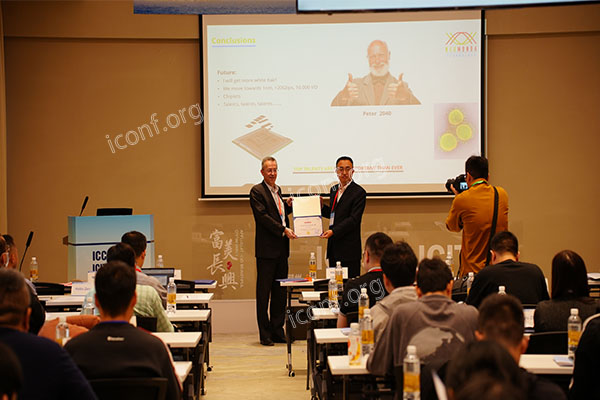Knowing the exact submission deadline (often called the DDL, or "due date") is critical for any researcher. Missing this date means your paper will not be considered. Here's how to find the most accurate information.

Check the Official Conference Website: This is the most reliable source. Look for a section titled "Call for Papers," "Submission Guidelines," or "Important Dates." The deadline will be clearly listed here, often with a time zone specified (e.g., "11:59 PM PST"). Always trust the official website over third-party academic lists.
Look for Submission System Details: Sometimes, the deadline is only visible within the conference's official submission system (like EasyChair or Microsoft CMT). If the website gives a general date, a quick login to the submission portal will confirm the exact time and time zone.
Subscribe to Mailing Lists: Many conference organizers send out reminder emails to their mailing lists a few weeks before the deadline. Subscribing can help you stay on track and get notified of any deadline extensions.
In almost all cases, if the deadline has passed, you cannot submit your paper. The submission system will automatically close at the specified time, and there is no way to upload a new paper or revise an existing one.
Hard Deadlines: Most reputable conferences have a strict, hard deadline. This is a matter of fairness to all authors who submitted on time and is necessary for the peer-review process to begin.
Why You Can't Submit Late: The review process starts immediately after the deadline closes. Papers are assigned to reviewers, and any late submissions would disrupt this carefully planned schedule.
While rare, a conference might extend its submission deadline. This usually happens for two main reasons:
Low Submission Numbers: If the conference isn't receiving enough high-quality papers, the organizers might extend the deadline to attract more submissions.
High Demand: Sometimes, due to high interest, the organizers might extend the deadline by a few days to accommodate more researchers.
You'll know about an extension in one of two ways:
Check the Official Website: The conference website's "Important Dates" section will be updated with the new deadline.
Look for an Email Notification: Organizers will send an email to everyone on their mailing list announcing the extension.
Important Note: Do not count on a deadline extension. Always aim to submit your paper at least a few days before the official deadline. This gives you a buffer for any unexpected technical issues and ensures your hard work doesn't go to waste.